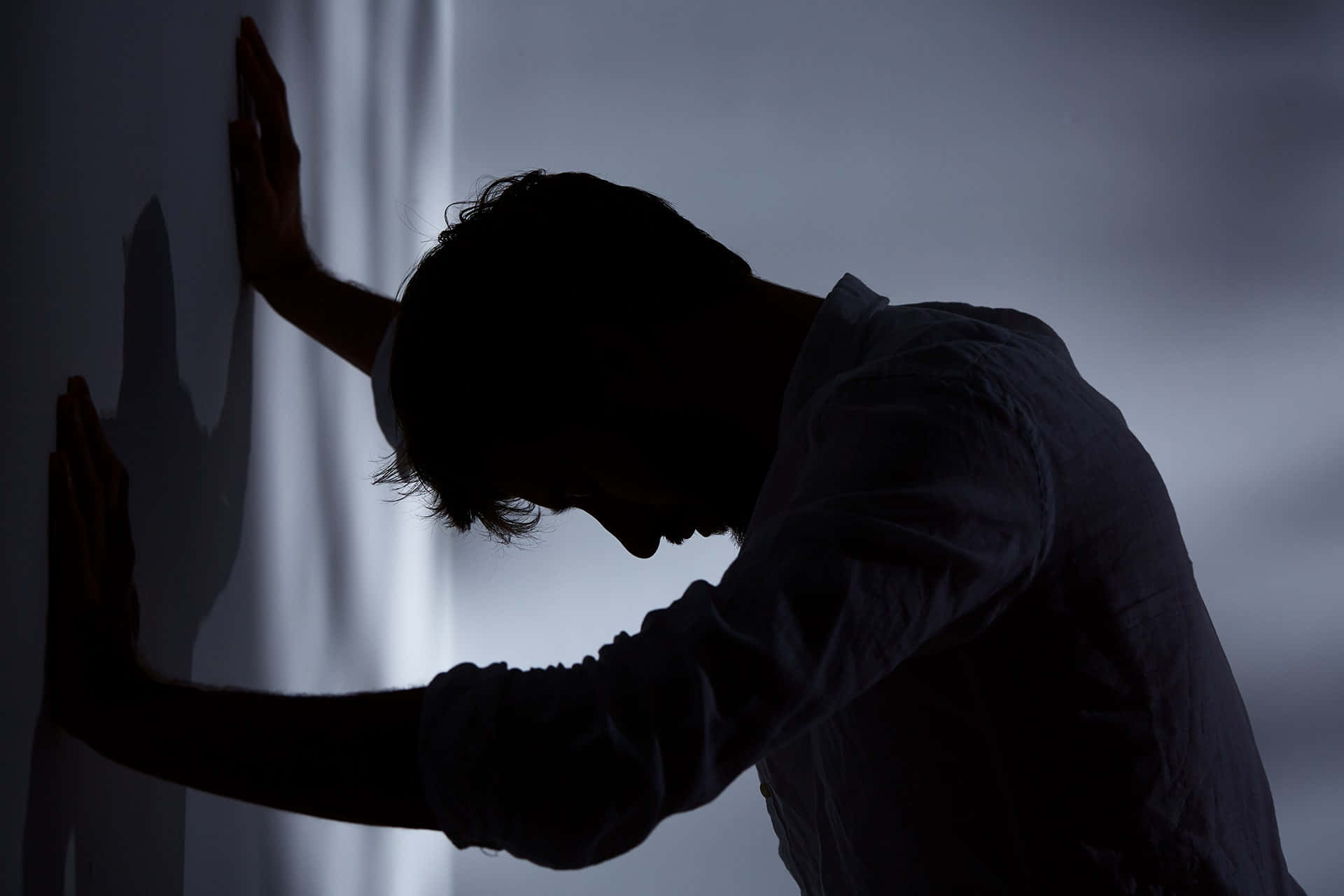Although depression is frequently linked to emotional and mental difficulties, its effects go much beyond mood disorders. It can cause a wide range of physical symptoms and have a major impact on general health. Recognizing the full extent of depression and managing its effects in a holistic manner require an understanding of this hidden influence. This article examines the ways in which depression affects physical health, including immune system suppression, cardiovascular problems, chronic pain, and sleep abnormalities.
1. Severe Pain and Skeletal Problems
Chronic pain is one of the less evident but no less important symptoms effect of depression in your body health. A common complaint among depressed individuals is having aches and pains that don’t seem to have a clear medical explanation. This may show up as generalized muscle soreness, joint discomfort, or back pain.
According to studies, depression may change how the brain interprets pain signals, increasing a person’s sensitivity to it. This increased sensitivity might cause pain to be perceived even when there isn’t a physical damage. Furthermore, musculoskeletal issues might worsen the sense of pain due to the ongoing stress and strain that is linked to depression.
2. Sleep Disorders
Depression has sleep issues as a symptom as well as a result. People who are depressed frequently experience insomnia, which is characterized by trouble sleeping or staying asleep. On the other hand, some people may develop hypersomnia, a condition in which sleeping too much becomes a coping mechanism for emotional suffering.
Sleep issues may have a domino effect on one’s physical well-being. Numerous health problems, such as reduced immune systems, greater susceptibility to diseases, and diminished cognitive function, are associated with poor sleep quality. In addition to causing weight gain and metabolic problems, chronic sleep deprivation increases the hazards to one’s general health.
3. Heart-related Conditions
There is ample evidence linking depression to cardiovascular health. Studies show that heart disease, hypertension, and other cardiovascular disorders are more common among people who suffer from depression. Depression and cardiovascular difficulties are correlated in both directions; depression increases the chance of heart problems, and heart conditions can make depressed symptoms worse.
This connection is believed to be mediated by multiple processes. Elevated inflammatory levels have been linked to depression, which can lead to blood vessel damage and accelerate the onset of cardiovascular disease. Furthermore, unhealthy lifestyle decisions like smoking, eating poorly, and not exercising are frequently brought on by depression and increase the risk of cardiovascular disease.
4. Disorders of the Digestive System
There is ample evidence linking the gut to the brain, and sadness can have a serious negative effect on digestive health. Gastrointestinal symptoms, such as nausea, constipation, diarrhea, and abdominal discomfort, are common in patients with depression. Changes in gastrointestinal motility and the gut flora are thought to play a role in this relationship.
Furthermore, gastrointestinal disorders like irritable bowel syndrome (IBS) and inflammatory bowel disease (IBD) can worsen due to depression. Increased symptoms and pain might result from the digestive system’s malfunction caused by stress and mental pressure.
5. suppression of the immune system
People who are depressed may have weakened immune systems, leaving them more vulnerable to infections and diseases. Stress hormones like cortisol are released as a result of ongoing stress and the depressive feelings they evoke, and this can inhibit the function of the immune system. The body’s capacity to fend against infections and recover from sickness is diminished by this inhibition.
Moreover, immunological function might be adversely affected by depression-related behaviors such substance misuse, poor food, and lack of exercise. Slower healing times and a higher incidence of illnesses can result from the interaction of these variables.
Taking Care of Depression’s Physical Repercussions
Comprehensive therapy of depression must acknowledge and treat its physical repercussions. It is frequently necessary to use a multidisciplinary strategy to effectively manage depression, incorporating both medical and psychosocial interventions.
1. Integrated Methods of Therapy
Depression can be treated on both a mental and physical level by combining medicine and treatment. In addition to antidepressant drugs, cognitive-behavioral therapy (CBT) and other therapeutic modalities can offer strategies for stress and pain management.
2. Changes in Lifestyle
Making healthy lifestyle adjustments can help lessen the physical effects of depression. A balanced diet, consistent exercise, and proper sleep hygiene are essential for general health. Exercise in particular has been demonstrated to elevate cardiovascular health, lessen pain, and improve mood.
3. Getting Expert Assistance
Managing the psychological and physical components of depression can be aided by seeking a thorough evaluation from medical professionals. Whereas mental health specialists can offer support and therapy for emotional difficulties, physicians can handle physical symptoms and prescribe remedies or send patients to other specialists.
In summary
The subtle effects of sadness on physical health highlight how crucial it is to comprehend how mental and physical health are intertwined. People with depression and medical professionals can better address and manage the complex facets of this disorder if they are aware of the several ways depression affects the body. To enhance general quality of life and improve health outcomes, comprehensive treatment that takes into account both physical and mental health is necessary.
